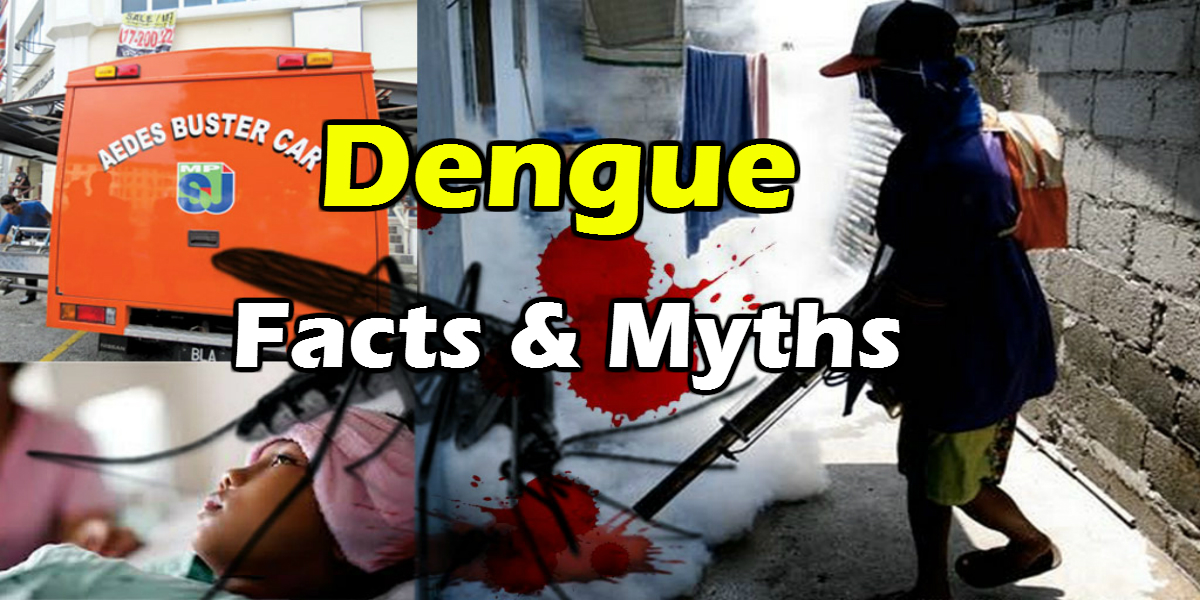
Top 10 Facts & Myths About Dengue
With dengue expected to get worse, we decided to explore some of the facts and myths about dengue. Perhaps you might have friends or families contracted dengue, hope this might help..... Take Care 🙂
Facts
1. Dengue actually comes in not one, but two forms!
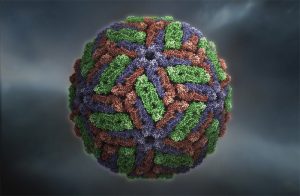
2. Global burden of dengue
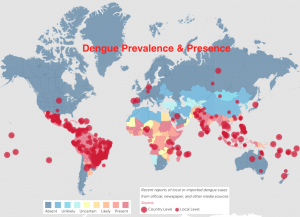
3. Mosquitoes are mainly attracted to carbon dioxide and body heat
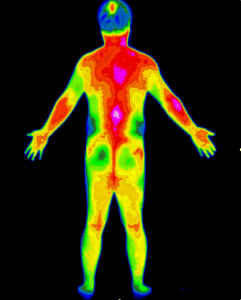
According to CNN.com, carbon dioxide and body heat are the biggest draws for mosquitoes. Scent can also play a role. Your sweat and other skin secretions can potentially attract more bites than another individual.
Evidence suggests mosquitoes tend to prefer men over women, adults over children and larger people over smaller ones.
4. There is no specific medicine or immunisation currently available
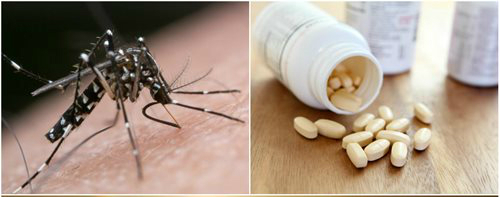
Though there is no specific drug to treat dengue, proper and early treatment can relieve the symptoms and prevent complications and death. If one or more signs of DHF are seen, the patient must be taken to the hospital immediately. Give fluids to drink while transferring the patient to the hospital.
There is also no vaccine to protect against dengue fever. The World Health Organisation provides technical advice and guidance to countries and private partners to support vaccine research and evaluation.
5. Aedes aegypti mosquitoes tend to bite people more during daytime

The peak feeding time for these mosquitoes usually occurs around the early hours of the morning or evening just before dusk. People who prefer to go outdoors during these periods should be extra cautious.
Myths
6. Going bananas

Some probably would have heard that consuming bananas at night ultimately increases your chances of getting bitten by mosquitoes. But according to a study conducted by CNN in 2012, fruits, including bananas and garlic have actually been proven not to influence mosquito bites all that much.
7. They prefer women

Rumours of women being more susceptible to mosquito bites have also been one the myths many people believe in when it comes to getting bitten by one of these pesky insects.
The theory suggested that women released more hormones, especially during the time of their ovulation, therefore becoming more “attractive” to get bitten by the mosquitoes. However, no studies have been able to prove the truth behind this suggested theory.
8. Dark clothing attracts mosquitoes

Despite being a common myth among folks, wearing black clothing does not make a person more susceptible to getting mosquito bites.
9. You cannot get dengue twice

Many have the misconception that once a person has suffered dengue fever before, it will not be able to recur. This statement is false as patients can in fact, get dengue more than once in their lifetime.
Dengue is caused by a virus of four different strains. Therefore being infected once does not mean the person is unable to contract the virus again.
10. Transferred via physical contact

The belief that an infected person is able to transmit the virus through physical contact is false. Dengue is carried by a vector which is the Aedes aegypti mosquito. These mosquitoes spread the virus through biting an infected person.
Source: Metro Online Broadcast
Images: Internet
Cover photo credit

